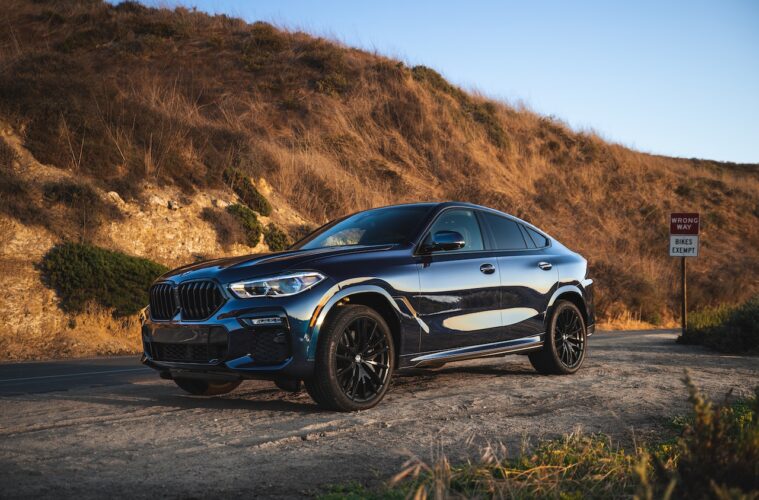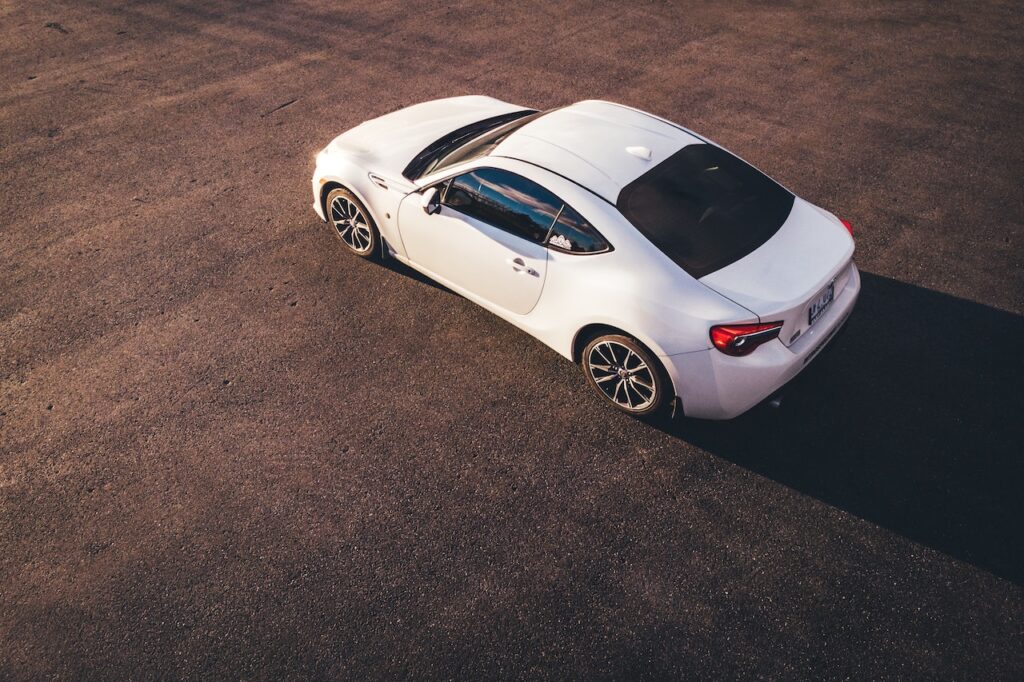In today’s world, having personal transportation has become necessary for most people. If you’re looking to get a car, you’ve got two main options: either lease from reputable providers such as UK Car Leasing or buy from a dealership.
When deciding whether to lease or buy a car, one of the biggest questions people have is which option is ultimately cheaper. Let’s break down the myths about car leasing vs. buying and see the pros and cons of both options.
Understanding Leasing vs. Buying
Before comparing their prices, it is crucial to understand the basic differences between leasing and purchasing a car.
Leasing involves renting a vehicle for a specific duration, usually 3-4 years and requires an initial payment as well as monthly payments throughout the lease term. At the conclusion of the lease agreement, the car is returned, and the lessee may either lease another car or walk away.
On the other hand, buying can be done either by paying the full amount in cash or through financing. Financing involves paying a down payment and making regular payments to eventually own the vehicle outright. Once the loan has been paid, no further payments are necessary as the car becomes the owner’s property.
Pros and cons of leasing
Pros:
- Lower monthly payments
- Option to drive a new car every few years
- Minimal repair costs as the vehicle remain under warranty
Cons:
- Limited mileage allowance
- No ownership of the vehicle
- May require higher insurance coverage
Pros and cons of buying
Pros:
- Total ownership of the vehicle allows unlimited customization and usage
- Potential equity if the car is later sold or traded in
- Insurance coverage can be reduced after the loan is paid off
Cons:
- Higher monthly payments
- Depreciation in value
- Possible higher repair costs for an older car
Factors to Consider
Now that we have a clear understanding, let’s deep dive into various factors affecting whether leasing or buying is cheaper in practice.
1. Depreciation Costs
When comparing leasing to buying, consider that a significant disadvantage of vehicle ownership is depreciation. With most new cars losing up to 40% of their value within three years, those who buy may find themselves dealing with an asset worth much less than its original price.
On the other hand, leasing allows drivers to bypass this issue by allocating depreciation costs to monthly payments. However, this may not be beneficial if your financial goals include building equity in an asset or if you plan to keep a vehicle long-term.
2. Financing Rates
Interest rates can heavily influence whether leasing or purchasing is cheaper. Generally, leases offer lower rates due to their shorter terms and guaranteed resale value of the car. Conversely, financing can involve higher interest rates, especially if your credit score could be more impressive.
3. Insurance Premiums
Insurance costs are usually higher for leased vehicles. If leasing a car, it will require comprehensive coverage with gap insurance. Essentially, this means paying more out-of-pocket costs each month on top of the lease payment.
On the other hand, purchasing a car lets you choose your desired insurance coverage level (subject to state minimums) and may save you money in the long run.
4. Mileage Limits & Potential Extra Fees
Leased vehicles often have strict mileage limits (usually 10,000-15,000 miles annually) with hefty fees for exceeding those limits. If you’re planning on driving long distances or frequently using your vehicle, leasing may prove to be a more costly option, given these additional expenses.
5. Maintenance & Repairs
Maintenance is another critical factor when assessing leasing versus buying costs. Leasing agreements typically include regular maintenance coverage or can be obtained at an additional cost. Lease terms generally coincide with warranty periods; therefore, repairs are limited while under lease protection, reducing out-of-pocket expenses.
Conversely, owners will be responsible for maintenance outside of warranty periods, which may add up over the years. However, those who maintain their vehicles well and choose wisely can see significant long-term benefits in terms of cost savings and resale value.
Final Verdict
In the end, whether car leasing is cheaper than buying will largely depend on your personal circumstances. However, if cost is a major consideration for you, then it’s definitely worth exploring leasing further if it benefits your current situation.


